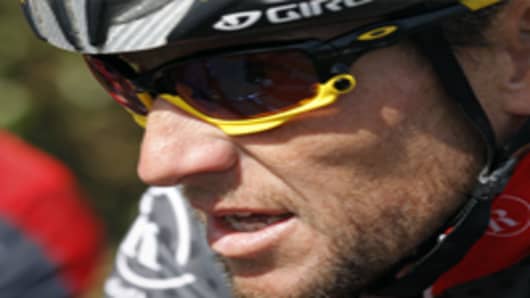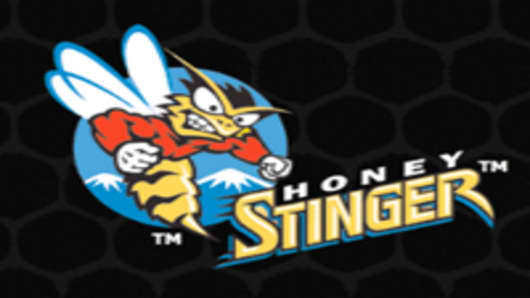Lance Armstrong's life has been defined by his against all odds cancer battle and his seven consecutive Tour De France wins that boosted his profile not only as one of the greatest athletes of all time, but as the most identifiable person in the world in cancer's fight, both symbolically and financially.
But in the twilight of his career, Armstrong has forged another unique path by lending his name and image to smaller companies in exchange for a piece of the action. In 2007, he became chief spokesman for FRS Energy, a small company that makes caffeine-free energy drinks and chews. With Armstrong's help, company sales have grown five-fold since he came aboard, the brand is now in more than 20,000 outlets nationwide and recently raised $23 million in funding. Today, Armstrong says the next company he will put his golden hands on is Honey Stinger, an 8-year-old small natural foods company based in Steamboat Springs, Colo., that makes honey-based energy gels, bars and chews.
The former Powerbar spokesman says he doesn't mind if all the marketing textbooks in the world recommend that athletes like him stick with high-profile, blue-chip brands.
"I don't care if they say in business school never do anything less than IBM," said Armstrong, who, together with Nike , have sold 70 million Livestrong bands since 2004. "I'm at a point in my life where I don't need anything professionally, financially or personally. I'd rather be with businesses who have products I believe in, and just as importantly, people I believe in behind them."
As part-owner of these companies, the money-making potential is greater if the brand succeeds, but for Armstrong, going with the little guy also fuels his competitive fire. Honey Stinger has eight full-time employees.
"It's a growth story and it's a competitive story," Armstrong said. "I like the product and I don't see any reason why Honey Stinger can't significantly grow. It's not the same kind of drive as when I'm on the bike, where I sometimes can't stand the guys I'm going up against. I have respect for the people at Powerbar and Clif Bar, but I think there's big potential here."




